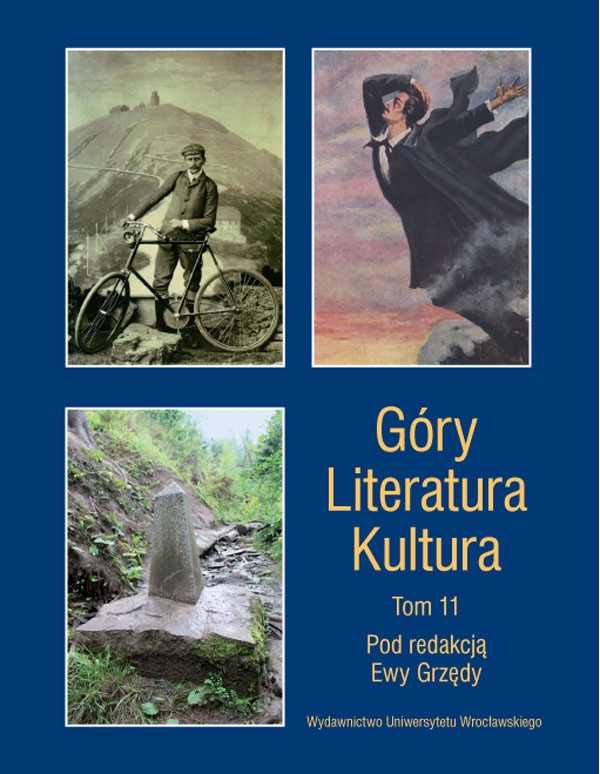Abstrakt
<p style="text-align: justify;"><strong>"Z GÓR, GDZIE DŹWIGALI" "FROM MOUNTAINS, WHERE THEY CARIED" - AND LISTENED TO THE SALONS. ZYGMUNT KRASIŃSKI' TRANSGRESSIONS ON THE TOP OF A MOUNTAIN</strong></p><p style="text-align: justify;"><strong></strong>The present Article is an attempt at an analysis and interpretation of Zygmunt Krasiński’s 1847 poem “Z gór, gdzie dźwigali” From the mountains, where they carried. The poem, full of sceptical pessimism, refers to the Biblical episode featuring Moses, whom God showed the vast expanse of the promised land from the top of a mountain, telling him, however, that he would see the land but would never enter it. Krasiński addressed this Biblical analogy to participants in the Great Emigration and his entire generation. The metaphorical mountain carries an ambiguous message: on the one hand it radiates heavenly light and on the other is a symbolic place of suffering, a Golgotha on the top of which each participants in the Messianic process carries his own cross — the burden of superhuman torment and penance. The mountain top is a place in which each of them experiences transgression, overcoming their own physical and intellectual weaknesses, and achieving spiritual stability by accepting the ungrateful role of “intermediaries” in the journey towards a free homeland. When it comes to the literature of Polish Romanticism, this is a noteworthy and important reflection.</p>
Słowa kluczowe:
Góra, poezja romantyczna, mistycyzm, muzyka, mountain, Romantic poetry, mysticism, music


